I have a json.rows file -> instances.json.rows with approximately 223k rows
I tried using jsonlite and came up with
instancesfile <- fromJSON("instances.json.rows")
But i kept getting an error
Error in parse_con(txt, bigint_as_char) : parse error: trailing garbage
kcBy-cs", "time_type": "in"} {"cluster_ids": ["Bz4SOc6zZn0"]
(right here) ------^
Here is an image of the data from the first row of my file. Apologies if my question is not clear enough. Let me know in the comments and I will edit my question as required. Thank you in advance!
